CNS: In your opinion, how do Chinese traditional ideas such as Tianxia shape the philosophy underpinning China’s diplomacy?
Salikyu Sangtam: It is quite clear from the outset, at least for those who study Chinese culture and civilization objectively without any presuppositions, how Tianxia underpins and inspires China to embark on diplomacy that is philosophically unique and different from the usual manner in which most other states in world politics do. Many states, especially the United States and Europe, perhaps intentionally or unintentionally, seldom take into consideration this aspect of Chinese diplomacy, which I have dealt extensively in my work.
The very notion of Tianxia emerged from the Zhou period to deal with a novel and unprecedented task of uniting different people and achieving Da Yingtong. Here perhaps for the first time, we see the emphasis on winning “the hearts of all people” by means of virtues to attain Tianxia, and that too without resorting to fear, force, and dominance. The core philosophical foundations here are “Mingmingdeyutianxia” and Wangdao, as opposed to rule by a hegemon. When virtue is put at the pinnacle of one’s actions (or, in this case, diplomacy), the principles of Tianxia become manifest.
Principles such as inclusivity, no exclusion, no dichotomy, no labeling (either as a friend or a foe), and where nothing is considered incompatible with others and nothing can be considered foreign. This appreciation of diversity of peoples, cultures, and values entails the emphasis on harmony, since harmony is only possible when there is diversity. If there is sameness, even the concept of harmony does not even arise in the first place. That is why Tianxia emphasizes “harmony.” Indeed, this is what Kongzi, Mengzi, Laozi, or the entire Wujing (the Five Classics) highlights.
China does not categorize nor label this or that states as friends or enemies. For China, the whole world is a family, it wants to build and maintain harmonious relations (guanxi) with every state in the world. It wants to and does transform hostility into hospitality.
This philosophy is viewed with suspicion by the United States and Europe because they do not appreciate the weight of this particular philosophy of Tianxia in Chinese diplomacy. Moreover, the foundations of Western philosophy are different from those of China. Philosophy, ultimately, is a reflection of society’s values and thus of cultures. It is a lens from which to view the world and make sense of one’s experiences. Therefore, the same event viewed from two or three or four and so on lenses will have equally different interpretations and understanding.
This is not to say that we can never understand each other. That would be imprudent. We can understand and overcome this chasm. But that requires us to remove our presuppositions and appreciate others for who they are and as they are. We should not impose our lens on others.
CNS: In an article, you use weiqi (Go) and chess as examples to analyze the different ways of thinking between China and Western countries. Why do the board games reflect the cultural and ideological differences?
Salikyu Sangtam: Even the games we play have a context, they arise not in a vacuum. They emerge and exist in a context. Hence, they also reflect the deeply held values of a culture and people.
In this setting, we can appreciate how weiqi reflects the morals or ethics most cherished in Chinese culture, such as patience, non-action, long-sightedness, subtlety, constant adjustments to new situations since life entails an element of surprise, multi-dimensional focus, seeking relative advantage, and waiting for the right circumstances (shi). Indeed, a skillful weiqi player depends on these virtues. These ethics are antipodal to those that are most revered in a game of chess, such as domination, bold and speedy annihilation of the opponent, short-term strategy, immediate reciprocity, and one-dimensional focus on total and decisive victory. Such contrasting ethics emerging out of different cultural experiences are glaringly visible in the way in which China and the United States (and Europe) approach their relations with other states in global politics.
I should perhaps add a qualification to this that weiqi cannot (and should not) be understood apart from and it is also a reflection of the teachings contained in works of Kongzi’s Lunyu, Mengzi, Laozi, Wujing (the Five Classics), the Great Learning, and Zhongyong.
CNS: What is your opinion on the theory of the “Thucydides’ Trap”?
Salikyu Sangtam: My modest estimation is that the theory of the “Thucydides’ Trap” is just a theory, it is neither ‘a’ nor ‘the’ reality. Theories are a means to explain a particular event or situation (or experience), they are however not the ‘reality’ in themselves.
What I mean here is that if we subscribe, like Graham Allison or, for that matter, the West, to the existing predominant lens (based on its cultural and historical experiences—which is antagonistic, uncompromising, zero-sum, and winner-takes-all temperament) of understanding global politics, there is no doubt this ‘trap’ explains a very real and foreboding experience to be unfolded in the coming future.
However, if we view the same global politics from the Tianxia perspective, “Thucydides’ Trap” simply does not even arise, it is not even an issue because from this lens states are willing to accept differences, stress the importance of harmony, accommodation, cooperation, building and maintaining relations, preserving conditions that ensures win-win for all, upholding mutual respect, inclusion of all and exclusion of none, no incompatibility, acceptance of diversity. In the Tianxi’s view of global politics there is, as Zhao Tingyang puts it, wu’wai (i.e. no beyond) because All-under-heaven is xie’he (i.e. compatible), inclusive, flexible, accommodating, and where hostility is transformed into hospitality. It views the world constituted based not on existing nation-states, but a virtue-based community.
Certainly, the present Israel-Gaza conflict, Russia-Ukraine Conflict, and many other existing tensions (including the China-India relationship) today cannot be addressed by existing lenses. It is here perhaps that China can play a determining role with its Tianxia perspective. I believe that the Tianxia perspective can (and will) address innumerable conflicts and tension in global politics today. Or in the words of Kongzi, “The virtue of the gentleman is like the wind and the virtue of the common people is like the grass: when the wind moves, the grass is sure to bend.”
CNS: China and India are both ancient civilizations that have created splendid achievements in history and enriched the cultural diversity of the world through culture exchanges. How to promote cultural exchanges and mutual understanding between the two countries today?
Salikyu Sangtam: Both China and India have for a long time had cultural exchanges, which need to be renewed often, more so today than ever. Xuanzang’s extraordinary journey to India as well as the dissemination of the Ramayana, and the eastward spread of Brahminism and Buddhism from India to China are some stand-out exemplars that instantly come to mind. So, there are little doubts about the cultural exchanges between these two ancient civilizations.
Even when we look back to historical records, we will find that for the most part, relations between these two civilizations had been peaceful and harmonious, with each accepting one another’s differences. It is only recently, with the coming of colonial empires, that we begin to see a shift in the relation between China and India. The British arbitrary drawing of the line, when both China and India was weak, is one of the main subjects of disagreement, which is unfortunate. Augmenting this is the efforts by outside powers to create a rift between China and India, further complicating an already complex situation.
But I am highly optimistic about the future of China and India relationship, I believe we can renew and retrieve our long-lost harmonious relationship by transmitting the common values that we have learned from each other, so as to deepen our understanding of one another. This is especially relevant with respect to resolving the border issues between these two civilizations. The border issues cannot be resolved and will remain unresolved so long as we use the existing nation-state paradigm to approach this issue. Perhaps the Tianxia perspective serves as one of the most practical approaches to address this border issues, which both China and India are serious about resolving it.
I believe All-under-Heaven is vast, so vast that it can accommodate diversity, and ethical, so that it can “bend” the grass. I believe that today harmony is lost, but I am confident we can get closer to realizing harmony when China and India harmonize their relationship with each other first. (End)
Salikyu Sangtam is an Associate Professor in the Department of Political Science at Tetso College in Dimapur, India. He teaches political theory, research methodology, and international relations. His research focuses on non-western political thoughts, particularly Chinese thoughts, and political psychology.








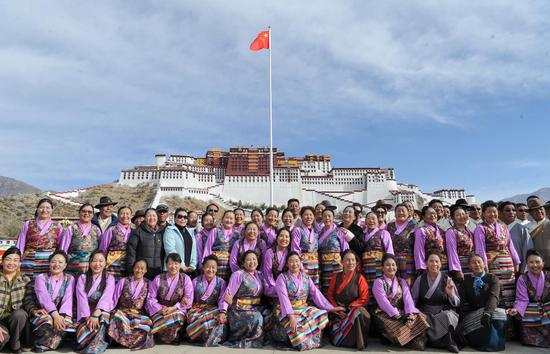
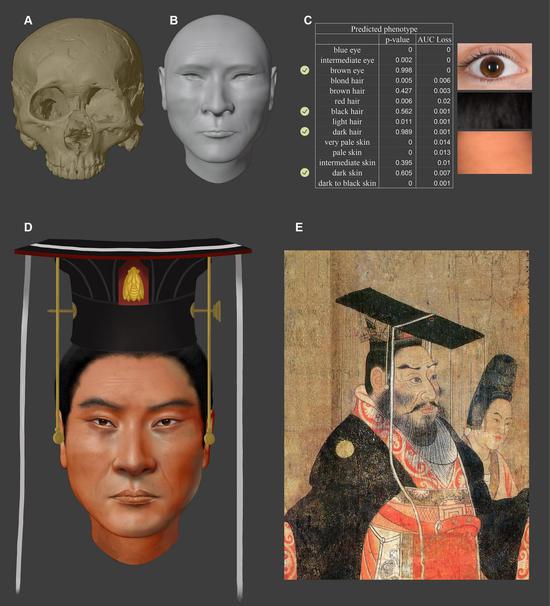



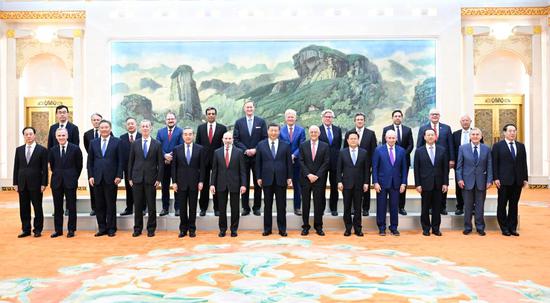
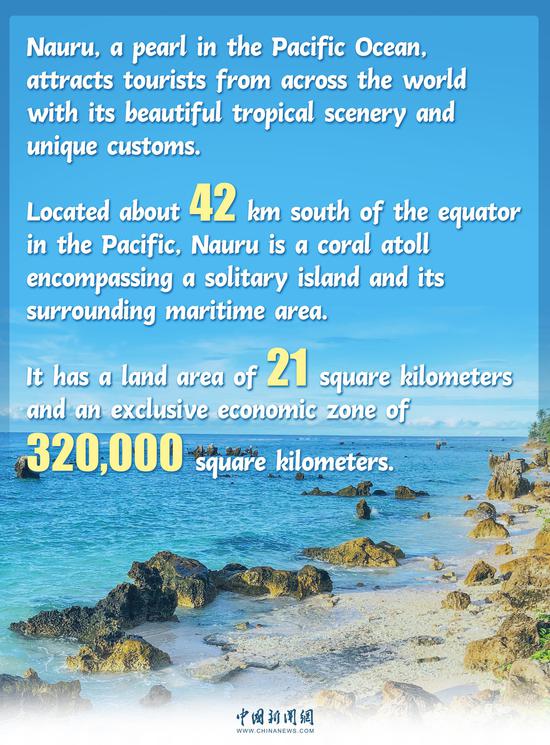
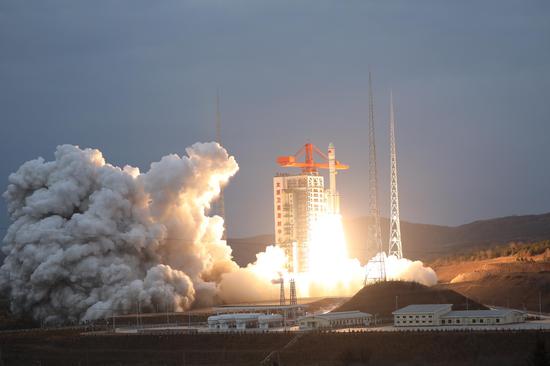


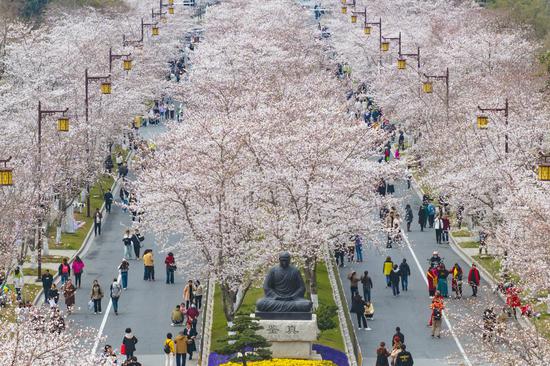


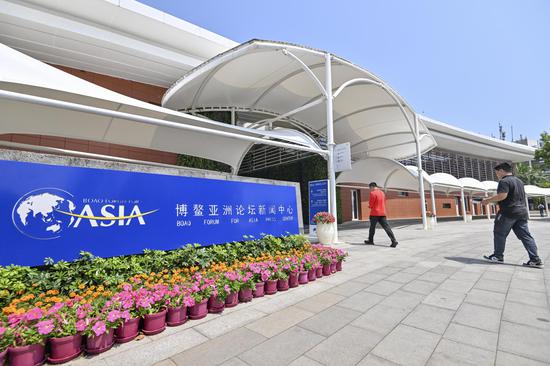
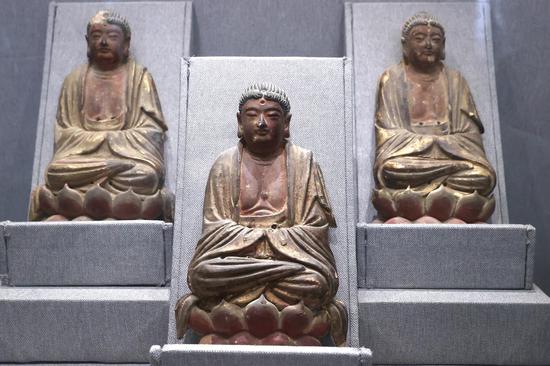

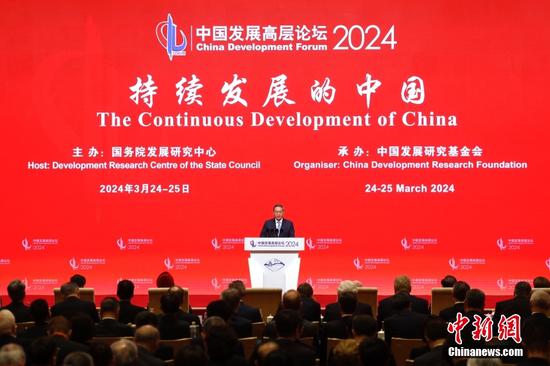
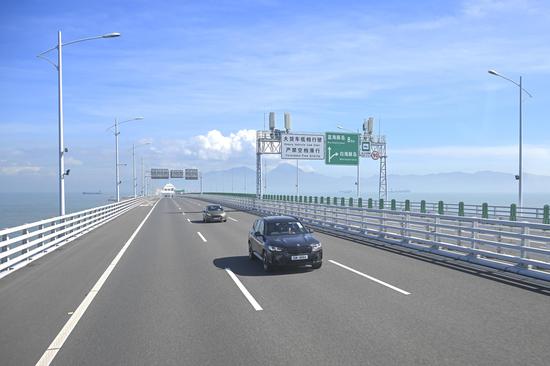


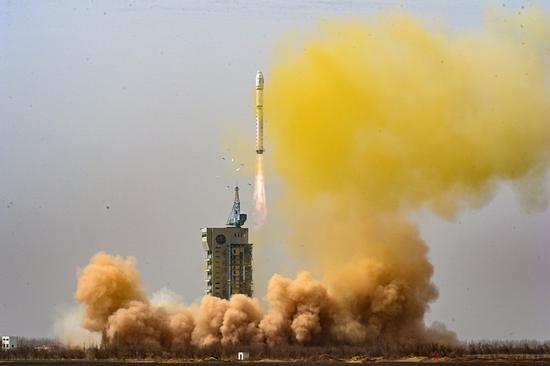
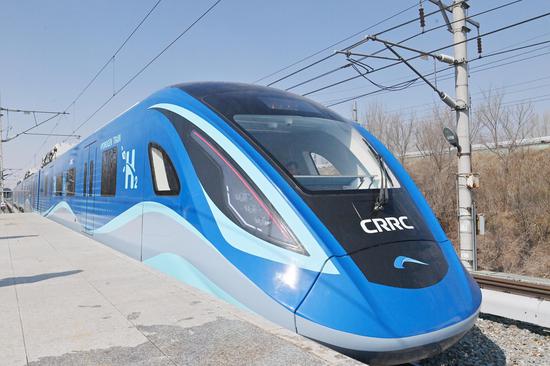


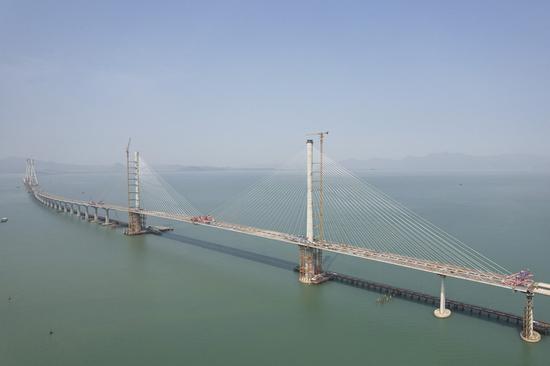



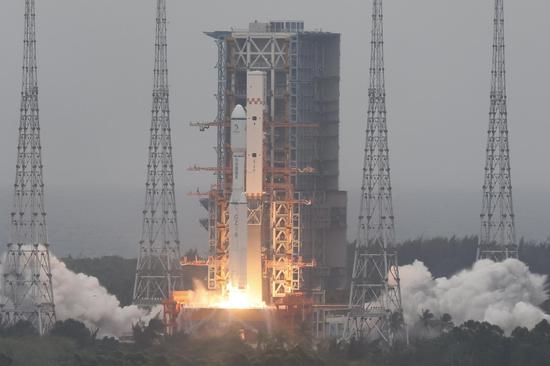

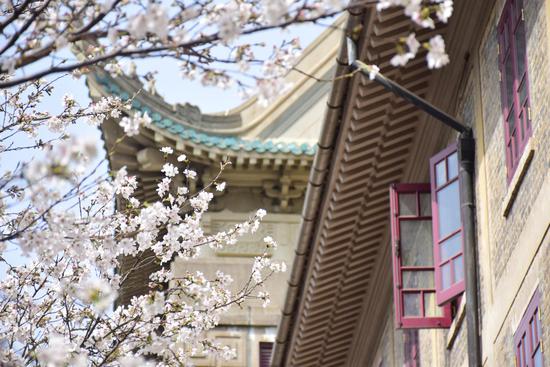
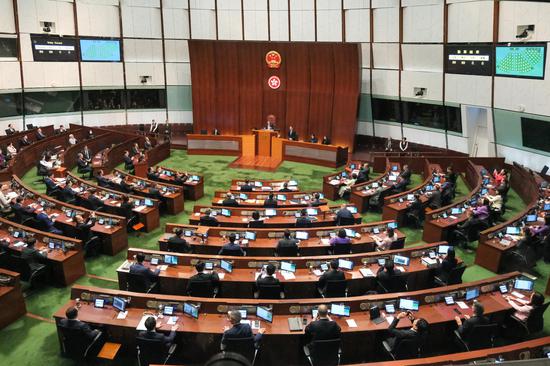

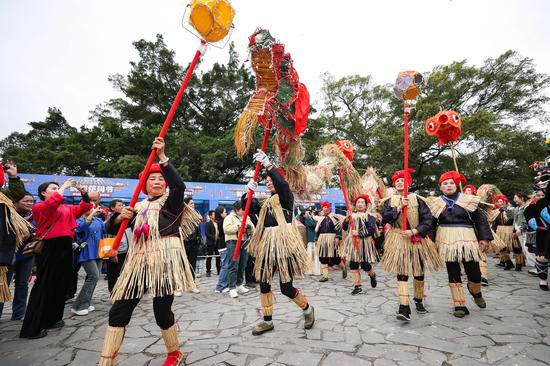


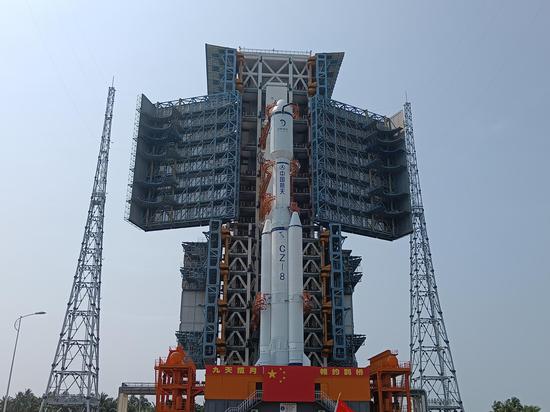





 京公网安备 11010202009201号
京公网安备 11010202009201号